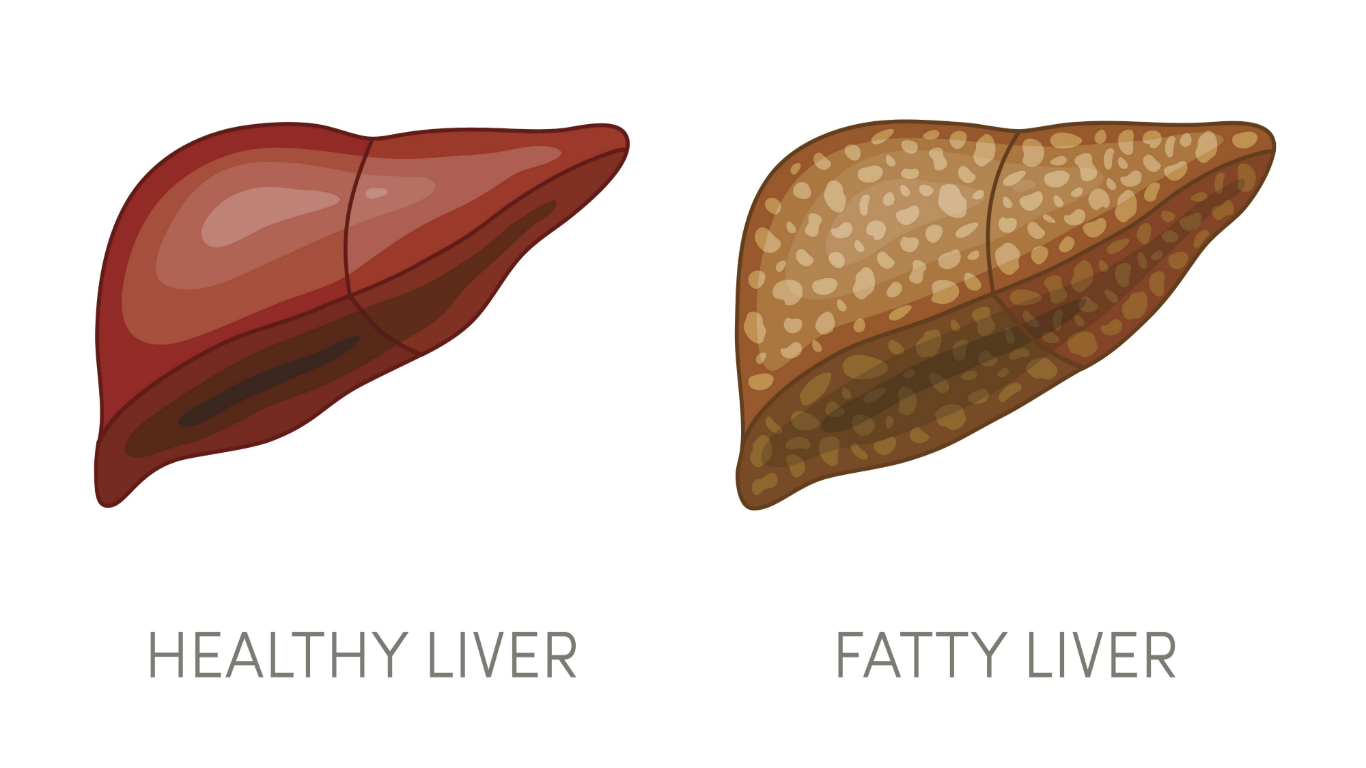Special Report
10 Ways Drinking Diet Soda Could be Killing You

Published:
Last Updated:

Diet sodas are not the lesser evil; they are just as evil as regular soda, and some argue they are actually worse.
Linking low- or zero-calorie soft drinks to specific illnesses is tricky, and researchers are cautious to call them flat-out dangerous or point to cause and effect. It is not always clear if the problem is the drink itself or if it is the result of other factors, such as obesity.
Though the cause of the problem many not be definitive, no health experts will recommend drinking diet soda instead of, say, water or juice. The undeniable fact is that soft drinks offer little to no nutritional value.
The ingredients in diet soft drinks that may actually harm you are the artificial sweeteners. The brain does not differentiate between real and fake sugar — it’s all sweet, and this is the problem. Sweet cravings, and increased appetite for calorie-rich food, ensue.
Despite the potential serious health effects, diet soda remains a very popular drink. Although sales have decreased slightly, around one in every five Americans report drinking the sugary beverage on a regular basis. Consumption increases with age and income. Senior citizens who have an income of $75,000 or more a year are the most likely to drink diet colas.
To identify 10 reasons why people should stop drinking diet soda, 24/7 Wall St. reviewed scores of medical studies and meta-analyses in journals published by nonprofit health organizations, such as the American Heart Association and the American Diabetes Associations, which examine the health effects of artificially sweetened beverages.
Click here to see the 10 reasons you may never want to drink diet soda again.

1. Heart failure
Researchers from Columbia University College of Physicians and Surgeons and the University of Miami Miller School of Medicine followed more than 2,500 adults for a decade. One group of people frequently drank regular soda, the other diet. At the end of the study, which was conducted in 2012, those who consumed diet soda had a 43% higher chance of cardiovascular disease, such as a heart attack, then those who drank regular soda.
A 2014 study found that women who had two or more diet sodas had a 30% higher risk of heart attack and were twice as likely to die than women who rarely drank diet soda.
[in-text-ad]

2. Obesity
Artificial sweeteners may cause increased consumption of high calorie foods — they simply make you crave fatty foods — leading to glucose intolerance and weight gain. Artificial sweeteners may not be natural but they are sweet, and as such they encourage sugar cravings and sugar dependence.
A 2015 study by the American Geriatrics Society of nearly 800 people over the age of 65 found that diet soda intake was related to increasing abdominal obesity. Separate research that followed people for over eight years found that those who drank artificially sweetened beverages were more likely to report increased BMIs.
According to a Gallup survey, 32% of overweight Americans say they drink diet soda, compared to 19% of those with normal weight.

3. Dementia
A 2017 study of almost 3,000 people over 60 found that diet sodas sweetened with artificial ingredients — unlike sugar-sweetened beverages — lead to a higher risk of dementia. People who drank at least one diet beverage a day were almost three times more likely to develop dementia. The results were the same after accounting for gender, general diet, smoking, and level of physical activity.

4. Stroke
The same study of nearly 3,000 people found that daily consumption of diet beverages was associated with increased risk of stroke and dementia over a 10-year period. Older studies have also shown a connection between low-calorie sodas and a significantly higher risk of stroke.
Researchers are not sure how exactly artificial sweeteners may increase the risk of stroke, but this is not a reason to keep them in your diet. Researchers following 127,000 people for 20 years concluded that those who consumed more than one soda per day had a higher risk of stroke, regardless of whether the soda contained sugar or was artificially sweetened.
[in-text-ad-2]

5. High blood pressure
Hypertension increases the risk of heart attack and stroke, among other chronic health conditions. Diet sodas are linked to high blood pressure possibly because people who drink artificially sweetened beverages tend to be overweight or obese. Another possible explanation is the sodium content. One can of soda contains 40mg of sodium. Even though the recommendation is 1,500 mg per day for most adults, drinking more than one can a day can really add up, especially considering that almost all foods we consume have salt.

6. Diabetes and blindness
Daily consumption of diet soda was linked to a 67% higher risk of developing type 2 diabetes, which nearly 10% of Americans have. Diabetes was the seventh leading cause of death in the United States in 2015. Artificial sweeteners in diet soda may lead to insulin spikes, which worsen insulin sensitivity over time. They can also increase appetite, encouraging a sweet tooth.
A study of more than 600 people, published last year in the Clinical and Experimental Ophthalmology journal, found that diabetics who consumed more than four cans of diet soda a week were twice as likely to have vision problems, including blindness.
[in-text-ad]

7. Stomach issues
Research in mice suggests that non-caloric artificial sweeteners may be harmful to the gut microbiome. Gut changes that were noted included higher systemic fatty acid levels, which have been linked to obesity and gluconeogenesis (the body’s synthesis of sugar from non-carbohydrate sources).
A recent study published in the journal Molecules concluded that artificial sweeteners in general cannot be tolerated by the human body. They were found to have an adverse effect on the gut microbiota, and in some tests induced glucose intolerance.

8. Liver problems
There is some evidence diet sodas are linked to higher risk of non-alcoholic fatty liver disease, which close to 100 million Americans have. One study found that people suffering from moderate to severe fatty infiltration were drinking mostly regular Coca-Cola and Diet Coke. The artificial sweetener commonly used in diet soft drinks, Aspartame, seems to be one of the big culprits. The intestines absorb it and then the liver metabolizes it, but the process is shown to cause mitochondrial dysfunction, which is the root of many diseases, and ATP depletion, which can lead to fat buildup in the liver.

9. Osteoporosis
Both regular and diet soft drinks hurt your bones because they contain phosphoric acid. The National Osteoporosis Foundation has stated that people with the condition should not drink more than five soft drinks a week. Some research suggests that too much phosphorus in your body can decrease calcium absorption, weakening the bones. A study found that women who drank three or more cola-based sodas a day had nearly 4% lower bone mineral density in the hips, even with levels of calcium and Vitamin D controlled.
[in-text-ad-2]

10. Cancer
Studies are not conclusive when it comes to identifying Aspartame as a carcinogen. Research has found that the sweetener can cause several cancers in both male and female rats, but only male mice. In 2016, the Center for Science in the Public Interest downgraded sucralose (known as Splenda), which is used in some diet sodas, from “caution” to “avoid,” because it was found to cause leukemia and other blood cancers in male mice.
Retirement planning doesn’t have to feel overwhelming. The key is finding expert guidance—and SmartAsset’s simple quiz makes it easier than ever for you to connect with a vetted financial advisor.
Here’s how it works:
Why wait? Start building the retirement you’ve always dreamed of. Click here to get started today!
Thank you for reading! Have some feedback for us?
Contact the 24/7 Wall St. editorial team.